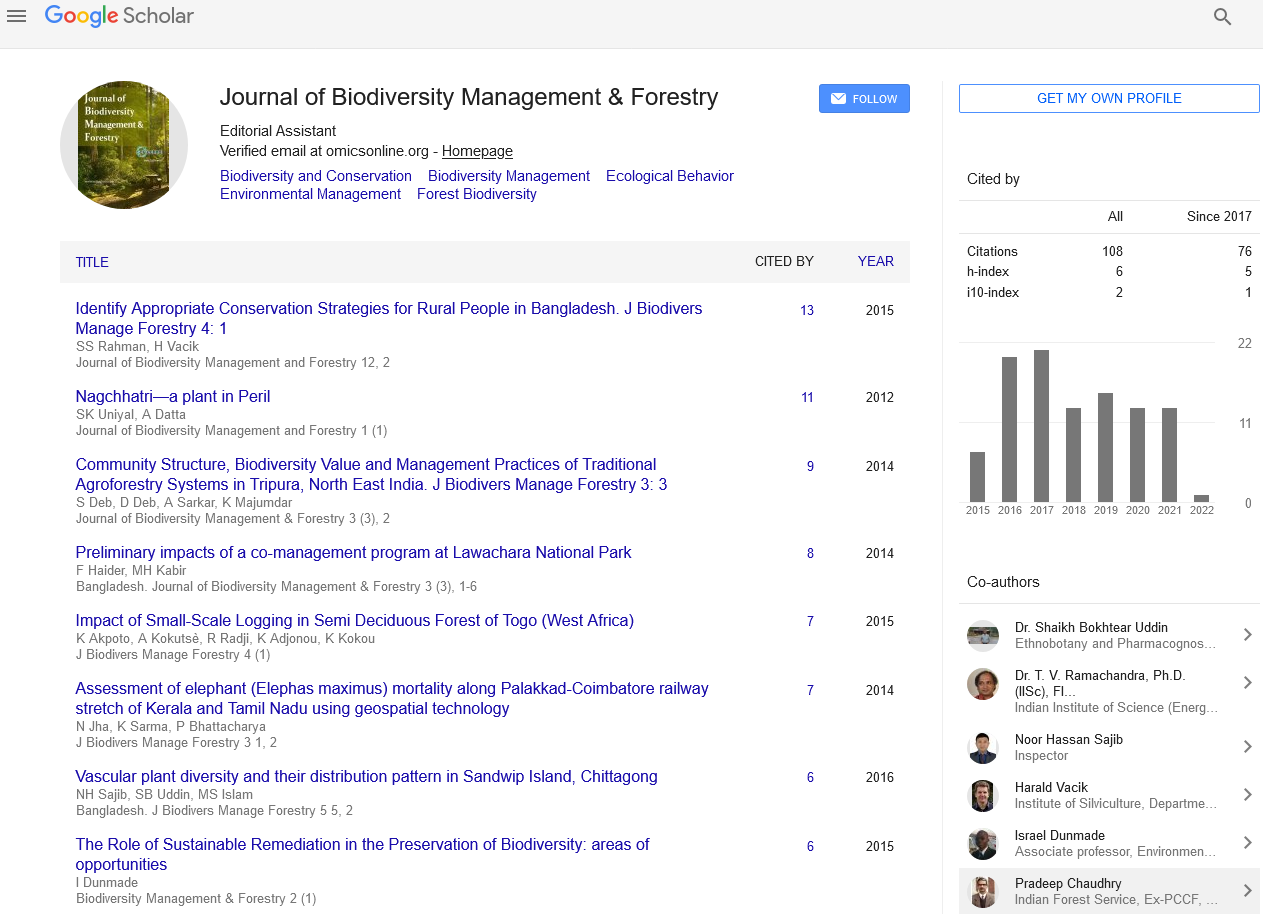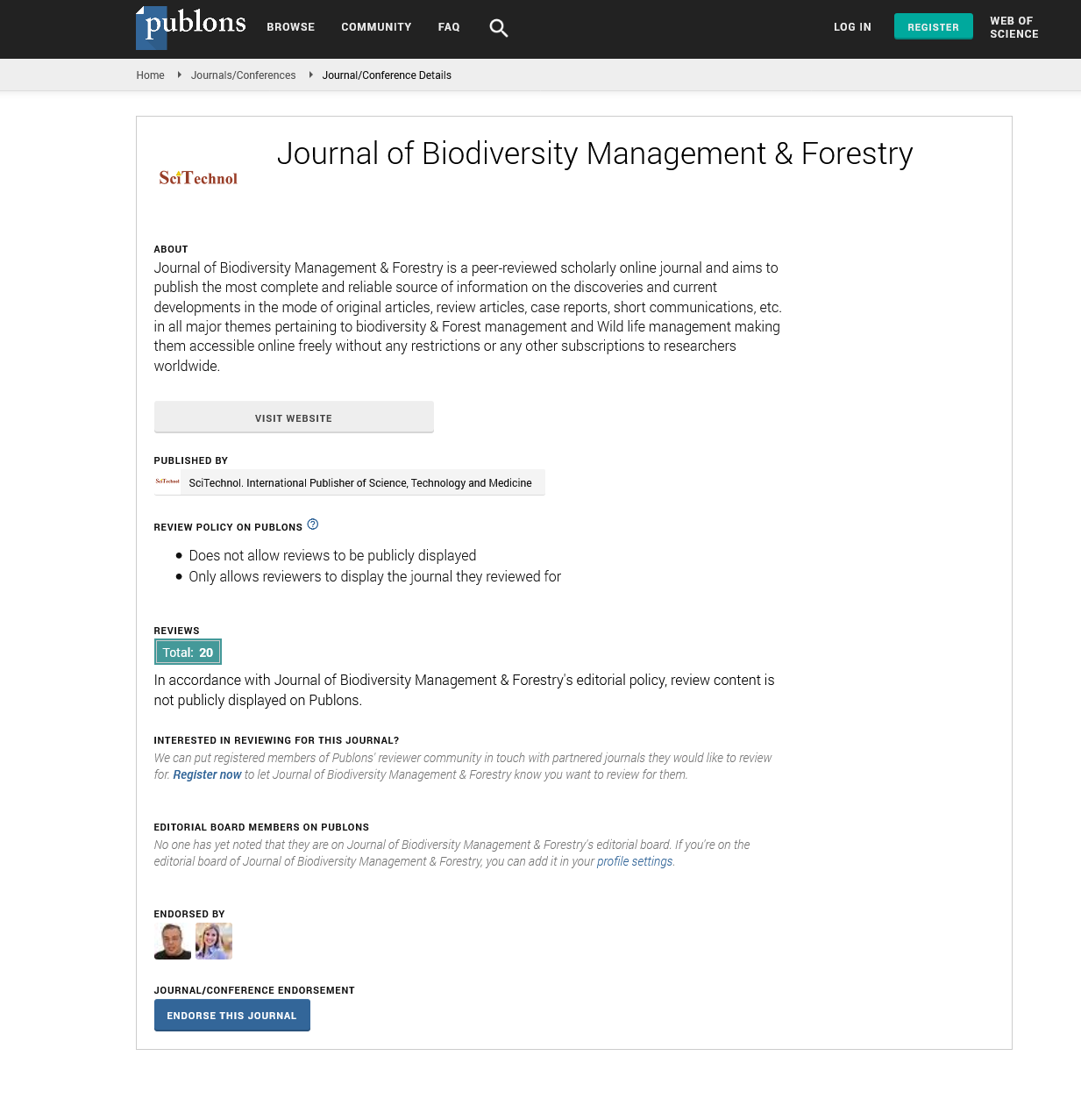Public awareness and policy implementation: assessment of management approaches for asbes tos-containing waste in Latvia
Janis Butkevics
BA School of Business and Finance, Latvia
: J Biodivers Manage Forestry
Abstract
Statement of the Problem: The management of asbestos-containing waste (ACW) represents a significant environmental challenge in contemporary waste management systems, primarily due to the persistent toxicity of asbestos fibers and the inherent constraints of existing disposal methodologies. While landfilling remains the predominant and often sole authorized disposal method across numerous jurisdictions, this approach fundamentally conflicts with circular economy principles and poses potential environmental hazards over extended temporal scales. Quantitative assessments indicate substantial volumes of asbestos containing materials remain in building stock across European nations: approximately 15 million tons in Poland, 4.5 million tons in Lithuania, and 1 million tons in Latvia. These materials are destined for landfill disposal as ACW in the absence of alternative treatment protocols. This investigation seeks to analyze current operational practices and examine the evolution of the existing waste management infrastructure. Methodology & Theoretical Orientation: By combining a robust theoretical foundation with empirical data, this study demonstrates valuable insights into the complexities, public awareness and behavioral intentions regarding ACW management in Latvia. The empirical dimension of this research involved a large-scale survey (n=2,005) designed to assess public awareness and attitudes towards ACW management. Findings: Survey data inter alia revealed a significant knowledge gap, with 28% of respondents indicating a willingness to reuse asbestos-containing roofing materials despite acknowledging their hazardous nature. The study further analyzed the implementation of a pilot Asbestos Removal Program, which demonstrated a high demand for such initiatives despite limited funding. Conclusion & Significance: The study concludes that securing adequate financing, such as through a differentiated landfill tax structure, is crucial for the long term sustainability of asbestos removal programs and the protection of public health and the environment. The Latvian experience offers valuable lessons for other countries in developing effective strategies for reducing potential health risks and environmental damage caused by ACW.
Biography
Janis Butkevics is PhD candidate with strong professional background in ESG strategies, corporate governance, and stakeholder engagement. Experienced in lobbying, advocacy, and implementing circular economy principles, with a focus on sustainability and responsible leadership. During academic career, Janis was engaged in the implementation of international projects for circular economy as well as authored and co-authored numerous academic articles on circular economy education and challenges with specific focus on construction and demolition waste circularity.
 Spanish
Spanish  Chinese
Chinese  Russian
Russian  German
German  French
French  Japanese
Japanese  Portuguese
Portuguese  Hindi
Hindi 
